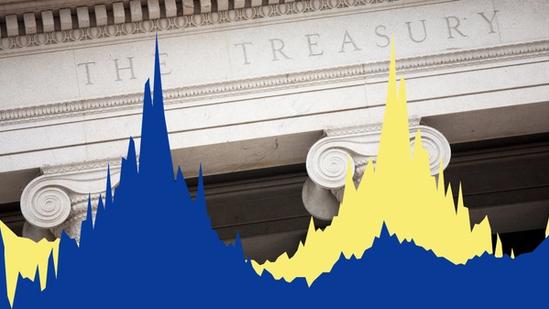Will 2025 be a ‘Golden’ Vintage for Private Markets?


After some difficult years, the analysis for private markets in 2025 looks intriguing. Rupert Bruce looks at the details.
- Economic downturns can make certain years, like 2025, attractive for private market investments.
A good vintage is to be treasured. In the world of fine wine, the best vintages hold a special allure. In private markets, they produce the best investment returns — electrifying the performance of investors’ portfolios.
The term vintage means the year that something was made. In private markets that’s the year a fund was launched, beginning its set lifespan of typically up to 10 years.
Asking whether 2025 will be a ‘golden’ vintage for private markets is logical because, counterintuitively, difficult economic times can be the most productive. After financial crises or the popping of asset price bubbles, investment managers have historically been able to pick up firms or properties for a song. As the past two years have been tough for many companies, property and infrastructure businesses like wind farms, 2025 could be a fine vintage.
As interest rates spiraled higher following on from 2021’s inflation spike, so the values of many companies, buildings and other assets have fallen. But these years have offered fewer discounted opportunities than previous slowdowns, partly because Europe and the United States haven’t slumped into deep recessions. Although valuations fell they haven’t plummeted, making it likely that 2024 and 2025 could be good but not bumper years.
Analysis proves that recession year vintages tended to perform best. Funds launched in the Global Financial Crisis (GFC) from 2008-2009 and the Dot Com crash of 2001 have produced strong performance, according to a study from CAIS, a marketplace for alternative investments. In most cases, it concludes that these funds outperformed those launched in the three years leading up to the crises.
CAIS says its findings hold true across most types of private markets funds. It researched private equity buyout funds, venture capital and private real estate funds.

To see how today’s harsh economic conditions are affecting the world of private markets, look no further than the average performance of the funds themselves. In 2023, private equity fund performance was at its lowest for 15 years excluding 2022; closed-end real estate funds produced negative returns for the first time since 2009; and infrastructure fund performance was less than half its long-term average, reports the McKinsey Global Private Markets Review 2024.
But this cloud has a silver lining: that is funds are paying less for the investments they’re making. To cite the McKinsey review once again, private equity buyout funds have seen the prices they pay for companies decline slightly. EBITDA multiples, which are a measure of the price paid relative to earnings or profits, fell from 11.9 to 11.0 times in the first nine months of 2023.
Where valuations have fallen furthest is commercial real estate. Both higher interest rates and the lingering impact of the Covid-19 pandemic hit high street shopping and office occupancy hard, triggering sharp falls in asset values. According to the bank Goldman Sachs, the property firms its analysts follow have marked down their asset prices by 10% in Europe and 17% in the UK versus a 2022 peak. Yet in a March 2024 research note, Goldman also wrote that the pace of these falls was slowing.
If interest rates are about to start declining from their high levels, as many economists believe, the values of real estate and companies may start to recover. Of course, the extent of rate falls is hard to predict, as rates have already stayed higher for longer than originally expected. Furthermore, the nature of any recovery in asset prices will vary—the value of a London office block depends on different factors to a US offshore wind farm for example.
It's also likely that future investment returns will depend more on actively future-proofing companies and assets for big economic shifts connected to themes like AI and sustainability. “Decade-long tailwinds from low and falling interest rates and consistently expanding multiples seem to be things of the past,” notes the McKinsey report. “As private market managers look to boost performance in this new era of investing, a deeper focus on revenue growth and margin expansion will be needed more than ever.”
There’s no certainty that 2025 will be a spectacular vintage, even if the signs are promising. Recent weak economic conditions suggest 2024 and 2025 could be promising years, although it’s hard to generalize across types of private markets.
For that reason, it may be wise to think like the wine connoisseur who builds a cellar across a range of vineyards and vintages. The savvy private markets investor similarly will sample different fund types and years.
ThinQ is the must-bookmark publication for the thinking investor.



